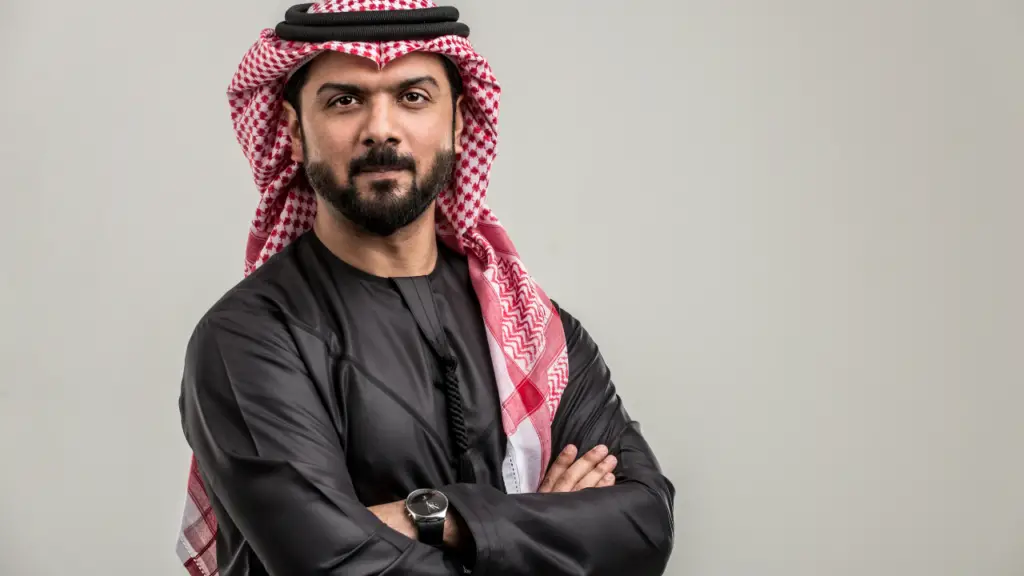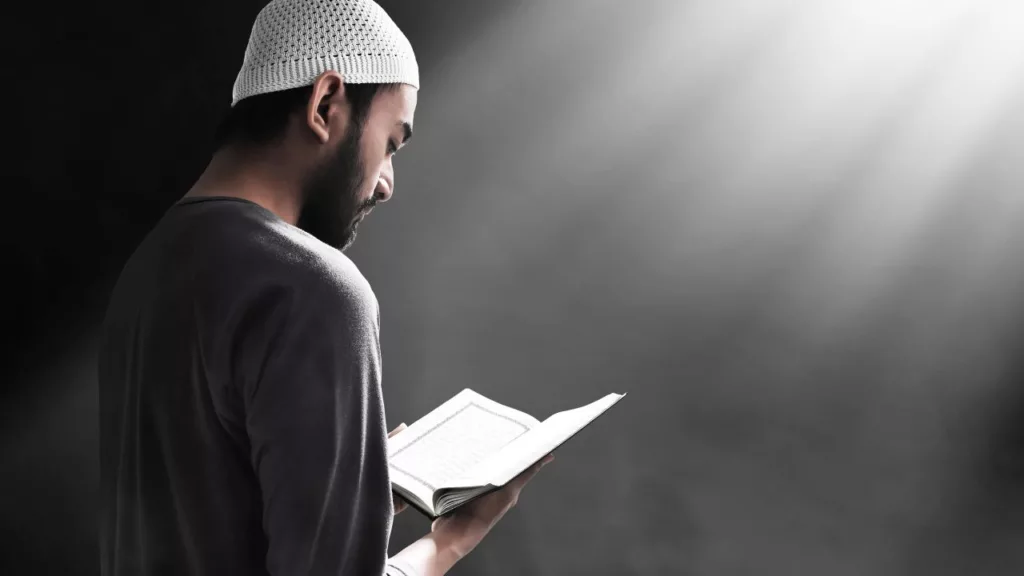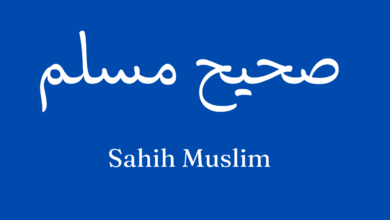
Importance of Beard in Islam
Many Muslim men choose to have beards as a way of following the teachings of the Prophet Muhammad (peace be upon him). He encouraged men to grow their beards as a religious practice, and it has become a symbol of faith.
- What is a Believer in Islamic Mysticism Called?
- When is Sukkot? | Jewish Festival | Significance | Full Guide | 2023
- What Does Heaven Iook like |Islamic Article|2023
- Why is Netflix Removing Christian Movies? | Controversy Surrounding | 2023
Introduction
In the rich tapestry of Islamic traditions and customs, the beard holds a special place of significance. More than just facial hair, the beard is a symbol of faith, devotion, and identity for Muslim men. Its importance transcends mere aesthetics; it is a reflection of one’s commitment to the teachings of Islam. In this article, we will delve into the multifaceted significance of the beard in Islam, exploring its historical, religious, and cultural dimensions.

Historical Roots
The roots of growing a beard in Islam can be traced back to the Prophet Muhammad (peace be upon him) himself. The Prophet, as recorded in various Hadiths (narrations of his sayings and actions), emphasized the importance of maintaining a beard. He stated that “Trim the mustaches and leave the beard to grow.” This simple directive from the Prophet has become a foundational aspect of Islamic practice for many Muslim men.
Why do many Muslim men have beards?
Many Muslim men choose to have beards as a way of following the teachings of the Prophet Muhammad (peace be upon him). He encouraged men to grow their beards as a religious practice, and it has become a symbol of faith.
Is growing a beard a religious obligation in Islam?
Growing a beard is not an absolute obligation in Islam, but it is considered a highly recommended practice, known as “sunnah.” It is encouraged as a way to follow the example of the Prophet Muhammad.
What is the significance of having a beard in Islam?
Having a beard in Islam is a way to show one’s commitment to the faith. It is seen as a symbol of submission to God’s will and an adherence to the Prophetic tradition.
Can Muslim men trim or style their beards?
Yes, Muslim men can trim and style their beards to keep them neat and clean. However, they are encouraged to let their beards grow naturally and not to completely shave them off.
Do all Muslim men have beards?
No, not all Muslim men have beards. While it is a recommended practice, it is a personal choice. Some Muslim men may choose not to grow a beard for various reasons, and that choice is respected.
The Religious Significance
For Muslims, the beard is not just an arbitrary practice; it is a religious obligation known as “sunnah.” Sunnah refers to the actions, sayings, and approvals of the Prophet Muhammad that are considered exemplary and worthy of emulation by Muslims. Growing a beard falls under this category, and many Islamic scholars agree on its importance.
The beard is seen as a way to adhere to the Prophetic tradition and distinguish oneself as a devout follower of Islam. It is a visible reminder of one’s faith, a symbol of submission to God’s will, and a means of following the path of the Prophet. In this way, the beard serves as a constant source of spiritual motivation.
Cultural Identity
Beyond its religious significance, the beard also holds cultural value in the Muslim world. It serves as a marker of identity, helping Muslim men feel connected to their faith and community. In many Muslim-majority countries, a man’s beard is seen as a reflection of his character, wisdom, and age. It is often associated with dignity and respect, and those who maintain beards are often regarded with esteem.
Challenges and Misconceptions
Despite its significance in Islam, growing a beard can sometimes be challenging for Muslim men, particularly in non-Muslim-majority societies. Misunderstandings and misconceptions about the beard can lead to discrimination and bias. It is crucial to recognize that wearing a beard is a personal choice rooted in faith, and it should be respected as such.

Conclusion
In conclusion, the beard in Islam is far more than a simple facial hairstyle; it is a profound symbol of faith and devotion. Rooted in the teachings of the Prophet Muhammad, it is a religious obligation and a means of connecting with the rich cultural and spiritual traditions of the Muslim world. While its significance is clear, it is essential to remember that the decision to grow a beard is deeply personal and should be respected as an expression of faith and identity. In a world that often misinterprets the meaning of the beard, understanding its importance in Islam can foster greater tolerance and respect among all individuals, regardless of their faith or background.
Are there any misconceptions about beards in Islam?
Yes, there are misconceptions. Some people mistakenly associate beards with extremism or negative stereotypes. It’s essential to remember that wearing a beard is a personal expression of faith and should not be judged based on stereotypes.
Can non-Muslims grow beards in a similar way?
Absolutely. Growing a beard is not exclusive to Muslims. People of various faiths and backgrounds can choose to grow beards if it aligns with their personal beliefs or preferences.
How should society approach individuals with beards in a diverse world?
Society should respect individuals’ choices regarding their appearance, including beards. It’s essential to foster understanding and tolerance, recognizing that the significance of a beard varies from person to person and is often rooted in deeply held beliefs.





